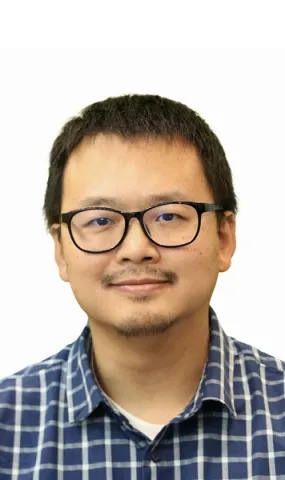About the project
This project aims to develop a robot-integrated ultrasonic drilling system for minimally invasive, high-resolution assessment of inhomogeneous damage in degraded concrete. By combining ultrasonic sensing and force measurement during drilling, the system enables real-time subsurface characterization in extreme environments such as underwater or post-fire, supporting safer infrastructure inspection and maintenance.
Infrastructure exposed to harsh conditions, such as marine environments, nuclear radiation, arctic climates, or fire events, undergoes progressive and inhomogeneous degradation. Accurate assessment of internal damage is critical to ensuring structural safety, effective maintenance, and timely rehabilitation. Yet, these environments are often difficult or hazardous to access. Traditional evaluation techniques are frequently invasive, time-consuming, or lack the resolution to detect early-stage internal deterioration.
This project aims to develop a robot-integrated ultrasonic drilling system for minimally invasive, real-time, and high-resolution subsurface damage assessment in concrete. The proposed system features a miniaturized ultrasonic drill embedded with force and ultrasonic sensors, capable of penetrating concrete while continuously capturing material resistance and internal structural changes. This enables real-time profiling of degradation along the depth of concrete components, even in extreme or inaccessible conditions.
The system is specifically designed for integration with robotic arms or drones, enabling autonomous inspection of submerged structures, confined spaces, or hazardous post-disaster zones where human access is limited or unsafe.
You will work in world-class laboratories at the University of 天发娱乐棋牌_天发娱乐APP-官网|下载, with access to cutting-edge facilities for materials testing, embedded systems, and robotics. You will join an interdisciplinary supervisory team across Mechanical and Civil Engineering. You will develop expertise in drill tool development, sensor integration, signal processing, cementitious material characterization, and multi-physics modelling. You will build highly transferable skills for careers in academia, infrastructure resilience, advanced diagnostics, or robotics-driven engineering.
You will receive training on design, fabrication and characterisation of ultrasonic drill tools using engineering software. Technical training will include advanced material characterisation techniques such as micro-CT, NMR, SEM, and in-situ XRD.
You will benefit from professional development through the University of 天发娱乐棋牌_天发娱乐APP-官网|下载’s Doctoral College. This includes courses on academic writing, research ethics, presentation and communication skills, and public engagement. Opportunities will also be available to gain experience in teaching and supervision.

